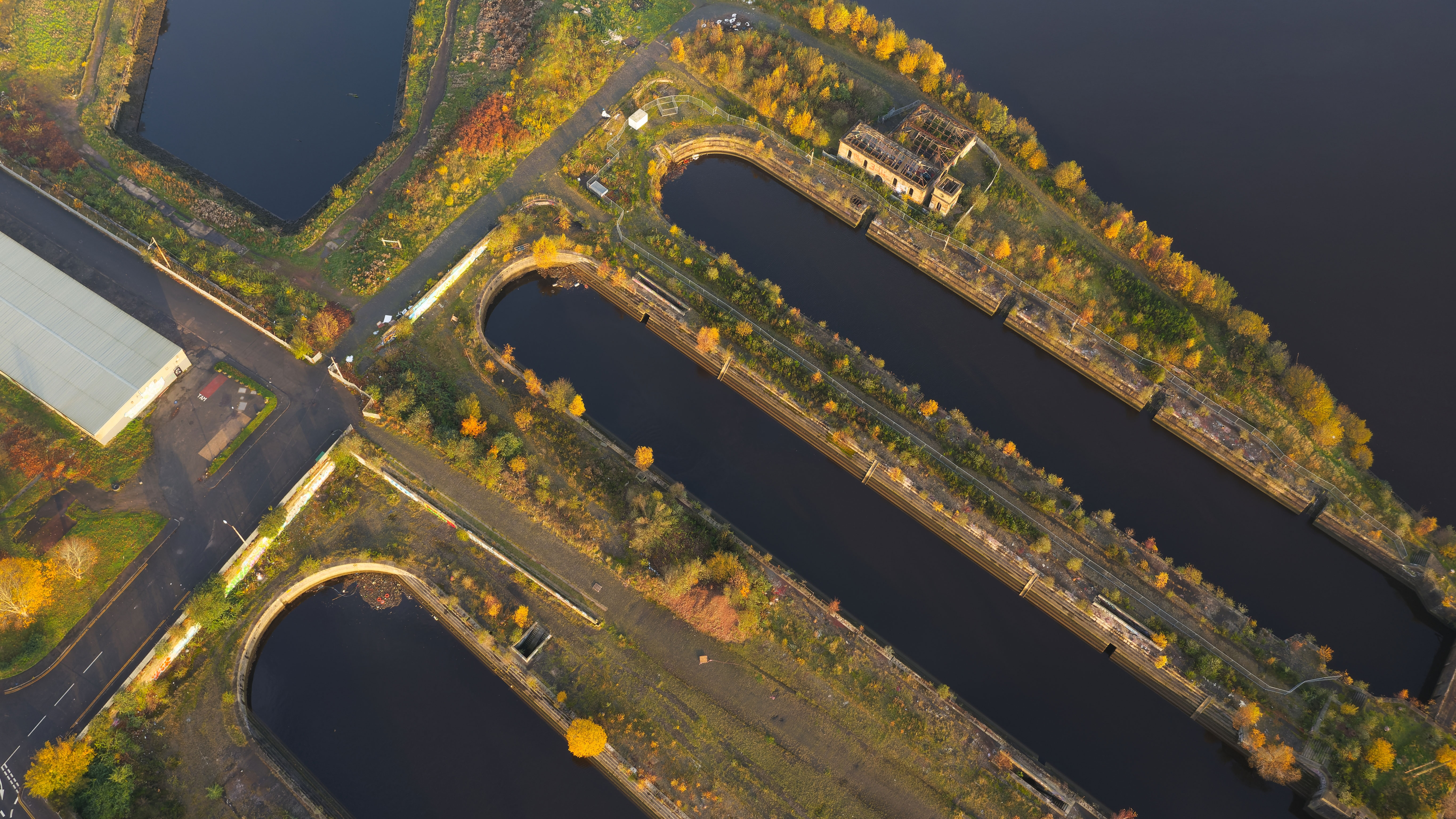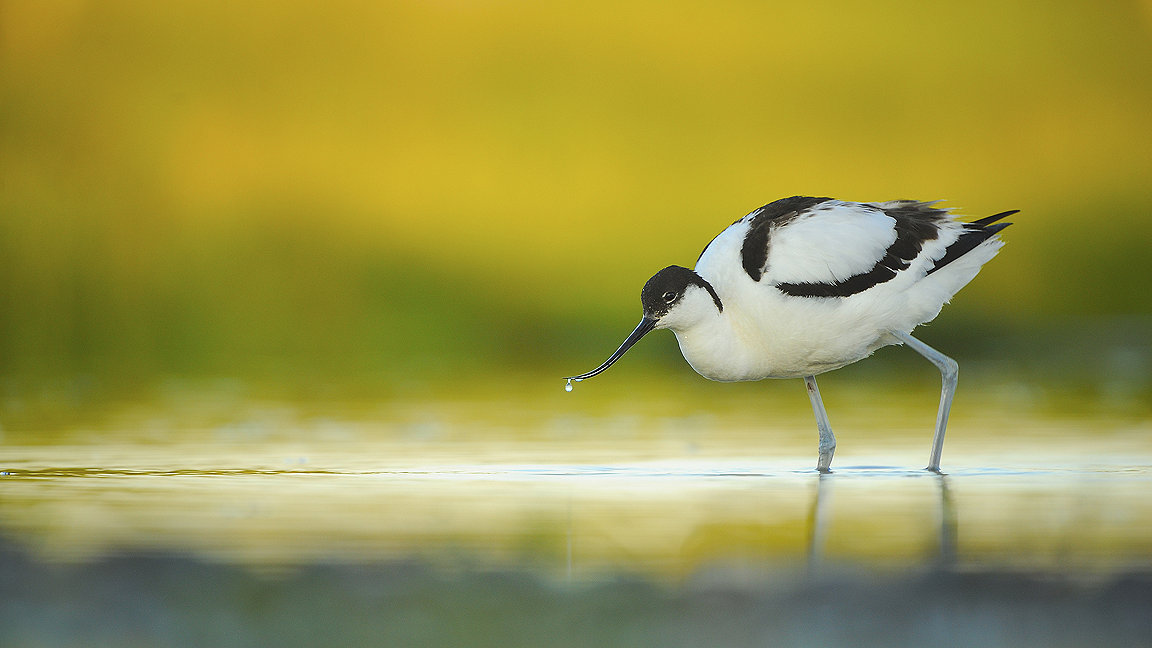
Adult avocet feeding in shallow coastal pool © Ben Andrew, RSPB
As we face drier, hotter summers because of climate change, our freshwater environment is at risk of drying out. With this comes risks to farmers, including crop failure and higher livestock mortality.
Wading birds are likely to be some of the worst-affected species, as they need wetland breeding sites and moist soils to probe for their food. Healthy wetlands also store carbon and slow the flow of water, cleaning it naturally and reducing flood risk downstream. They support plant life, which in turn provides perfect shelter and breeding grounds for wildlife.
However, at least 35% of the world's natural wetlands have been lost since 1970 – vanishing at a rate three times faster than forests.
Wetland to provide wader habitat
In response to a decline in the number of breeding waders in the Thames Estuary and Marshes Special Protection Area, Kentish farmer Alex Bates has created 80ha of new wetland habitat on his property. He wants to showcase the way that restoration and management of private land can help mitigate the impacts of climate change, while creating water-rich habitats to benefit both biodiversity and local landowners.
Working with the conservation charity RSPB, ecological consultancy Ecological Planning & Research (EPR) and local ecologist Carol Donaldson, he is restoring lowland wet grassland and creating wetland systems on his property over a five-year period.
The special protection area comprises a mosaic of habitats offering wintering and breeding grounds for important wetland bird species. With evidence suggesting this habitat is threatened by water supply issues and the associated wetland bird species are threatened by disturbance arising from public access along other parts of the Kent coast, the privacy of Bates' Wetland will be a boon for wintering waterfowl, and breeding waders.
This conservation work focuses on slowing water flow and retaining water from our warmer wetter winters to remain in the landscape until summer, which in turn benefits wildlife. The work will also improve natural flood-plains in heavily drained landscapes.
As well as restoring a vital carbon sink, Bates hopes that this increased sediment and water retention will create a breeding habitat for waders including lapwing, curlew, redshank, and avocets, while increasing invertebrate abundance and diversity. With benefits for the entire ecosystem, this will increase habitat for wetland species in a predominantly drained landscape.
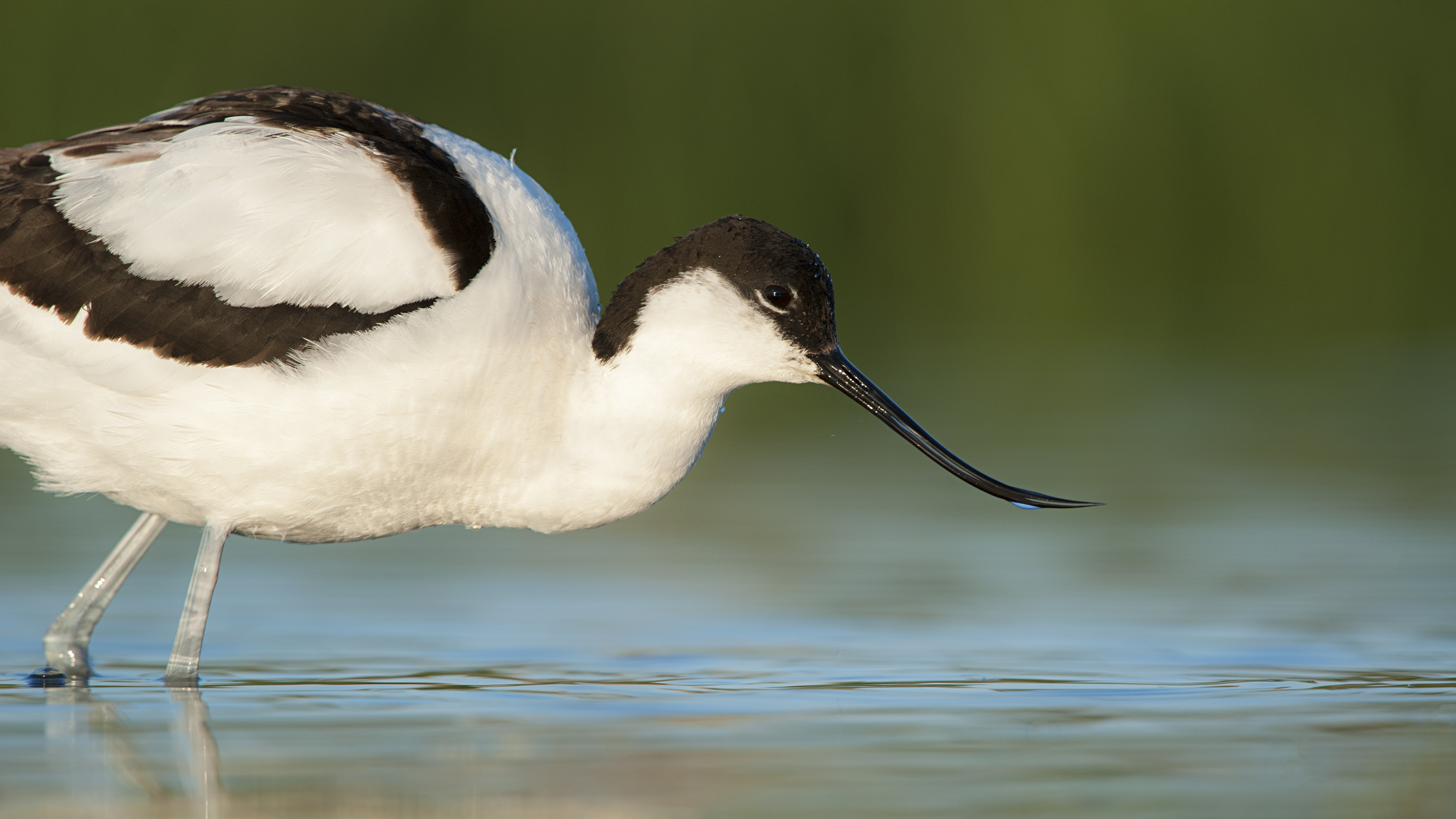
Avocet, © Ben Andrew, RSPB
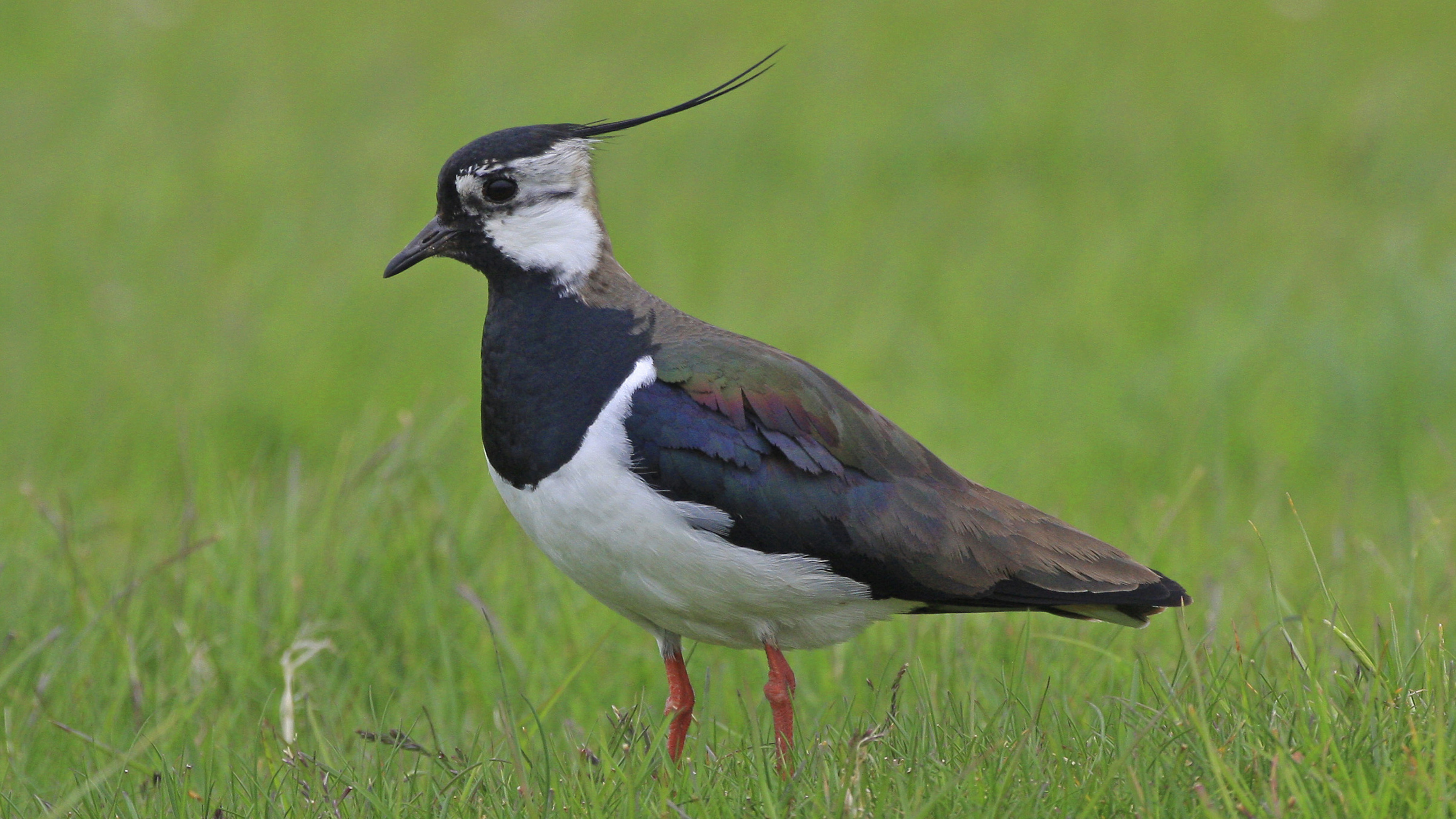
Lapwing, © Graham Goodall, RSPB
Using natural materials in strategic locations, the new wetland will retain winter rainfall and ensure water levels remain higher in the spring and summer. This will also contribute to conservation action in nearby RSPB nature reserves Cliffe Pools and Northward Hill.
This restored wetland will benefit Bates's farm, too, by managing pollution, increasing the number of pollinators, and potentially keeping wells from running dry. Each of these benefits can improve the productivity of land, protecting surrounding communities and wildlife, while it could also reduce revenue costs and make farms more resilient to climate change.
While the project is largely self-funded, Bates's work with private- and third-sector organisations has given him additional insight into how to restore habitats sensitively while providing future benefits for his community.
To date, the project team has collected baseline data that will, on completion, allow its teams to show the net gain for biodiversity locally. Based on previous wilding schemes, the ecologists predict an increase in rare breeding species such as curlew.
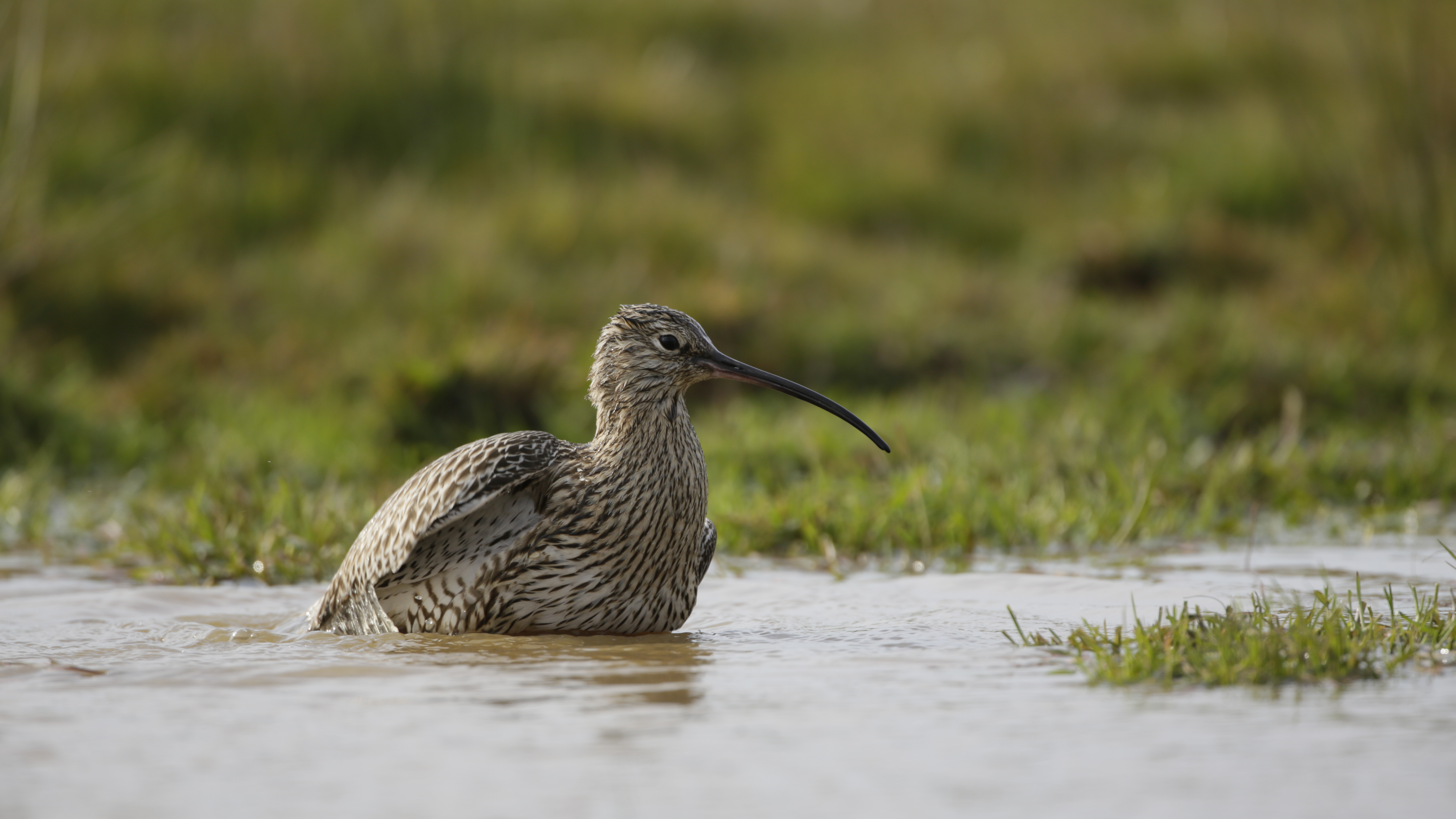
Curlew, © Ben Andrew, RSPB
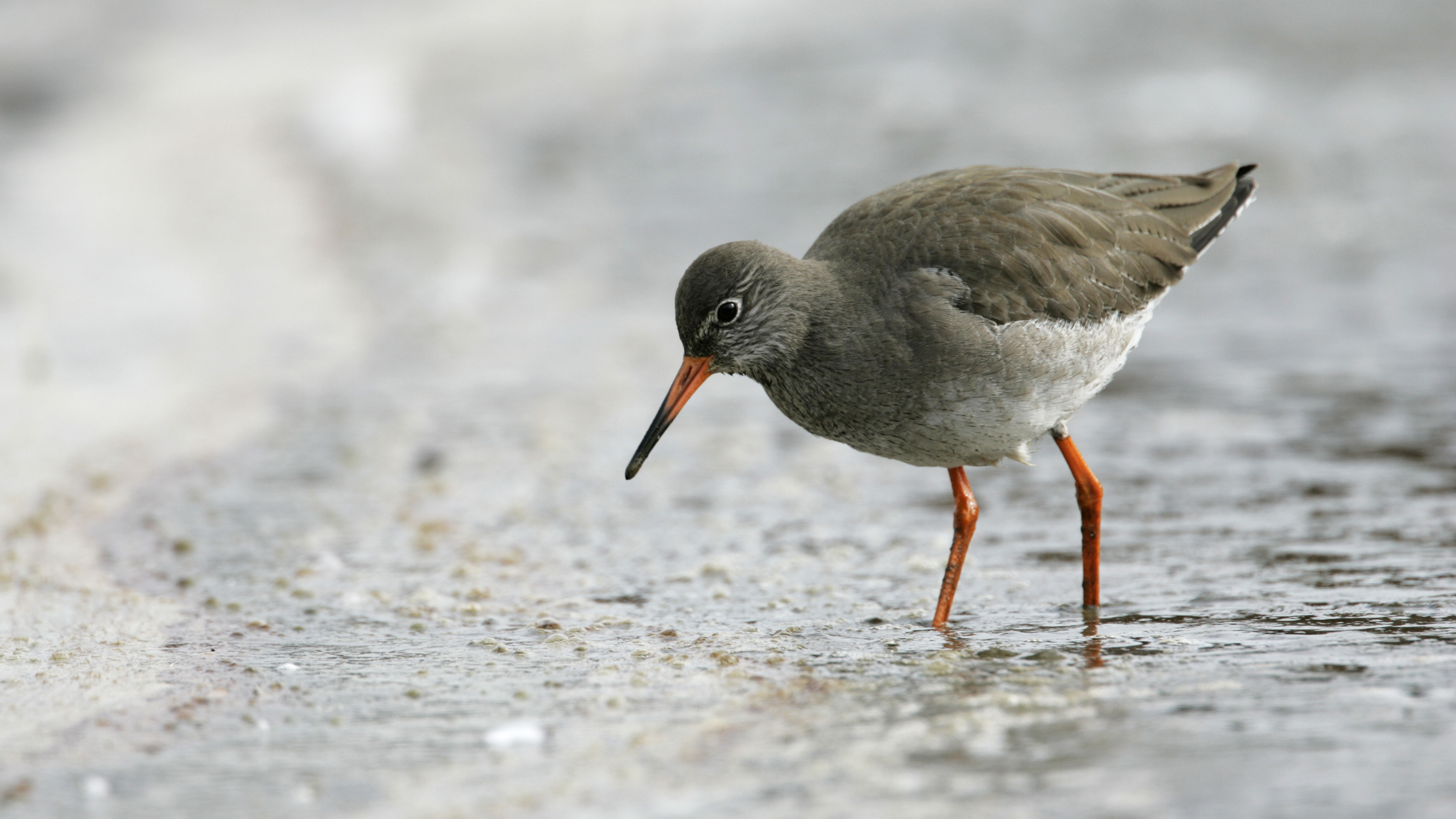
Redshank, © Andy Hay, RSPB
From wilded sites to a natural network
Wilding (also known as rewilding) aims to recreate the diversity and natural processes of a wild landscape. Bates's work shows that any landowner can tailor it to their local topography and wildlife.
With the UK being one of the most nature-depleted countries in the world, there is potential for habitat restoration and creation by local landowners working together to benefit biodiversity and local economies.
Yet despite the designation of protected sites and nature reserves over the past 100 years, isolated reserves alone are not enough to prevent species disappearing.
To protect our conservation areas, the UK needs to a network of bigger, better and more joined-up sites. Bates' Wetland not only creates a bigger area of habitat, but also provides a stepping stone for birds and wildlife such as damselflies and dragonflies to nearby RSPB reserves.
As our climate continues to warm, we need a resilient environmental network and improvements to our valuable sites of special scientific interest (SSSIs), while concurrently developing protection and management for those SSSIs that lack it. This will not only benefit the environment but, if planned well, has the potential to make our food-producing areas more resilient to climate change.
'Habitat restoration and creation by local landowners working together can benefit biodiversity and local economies'

